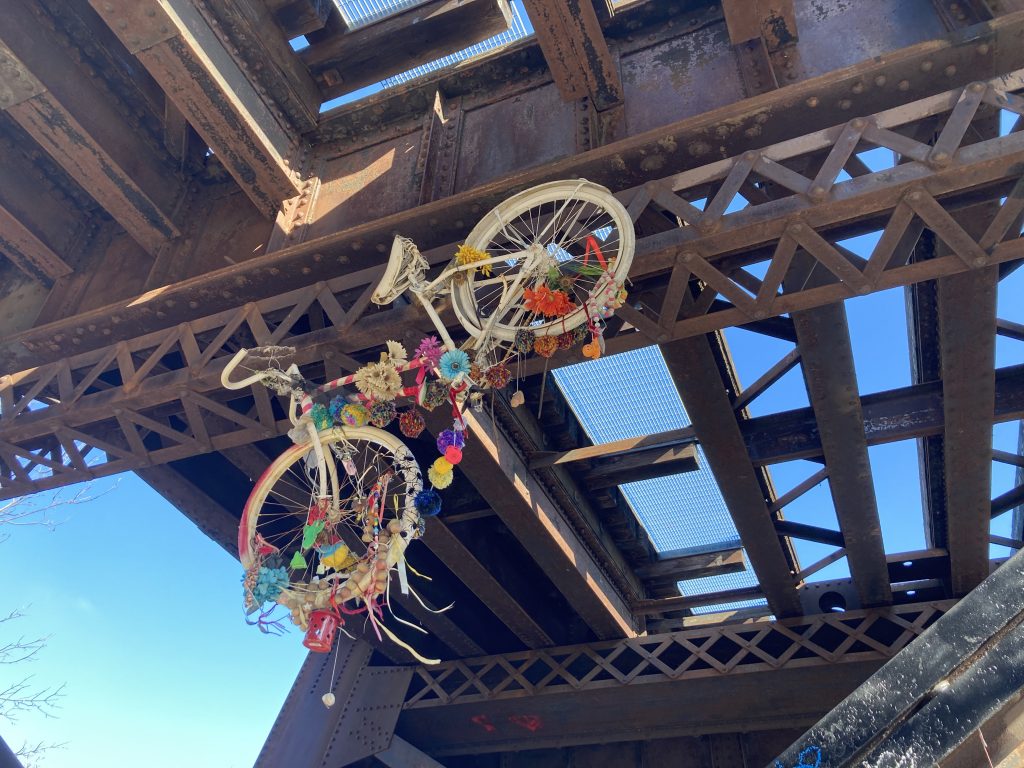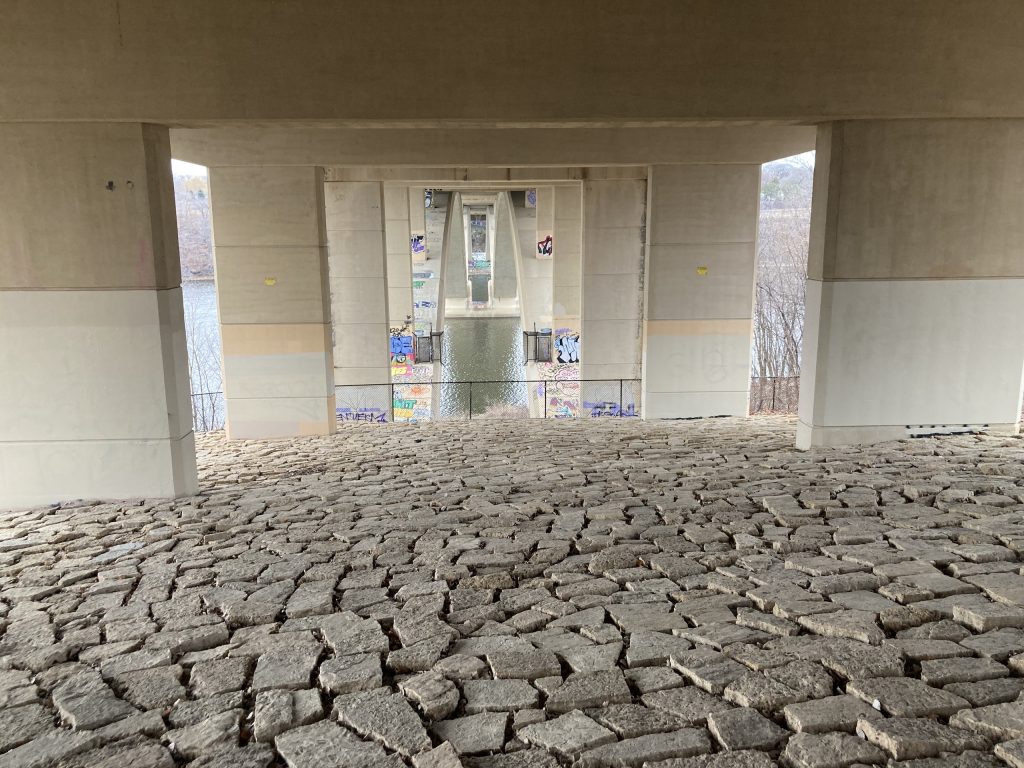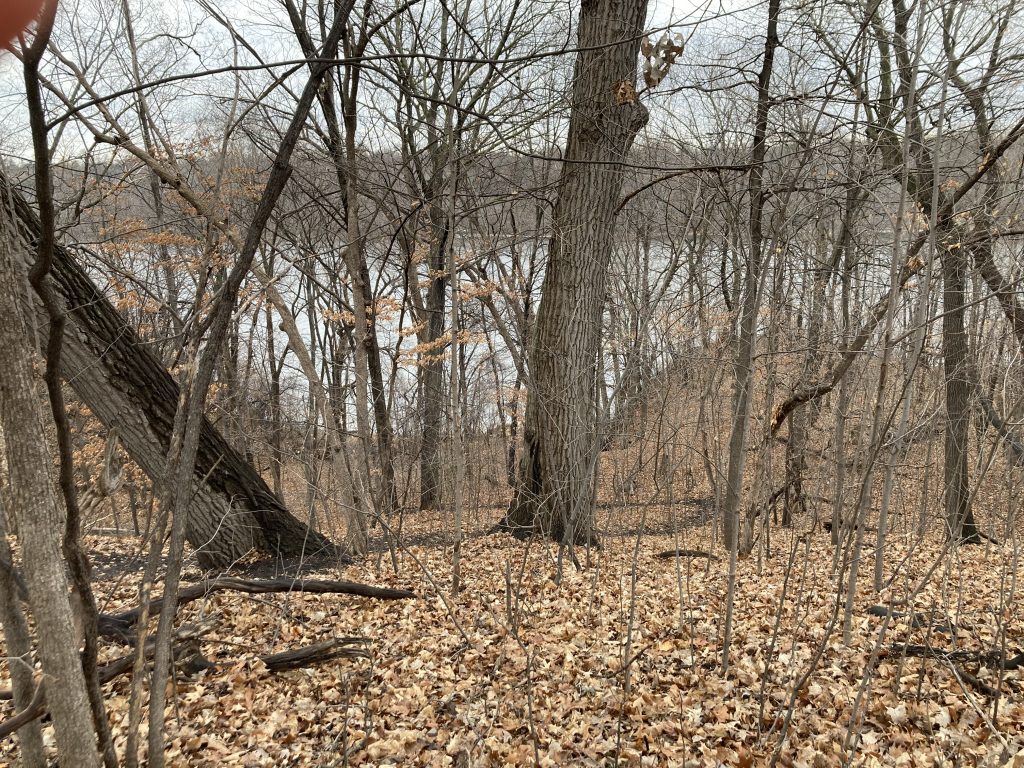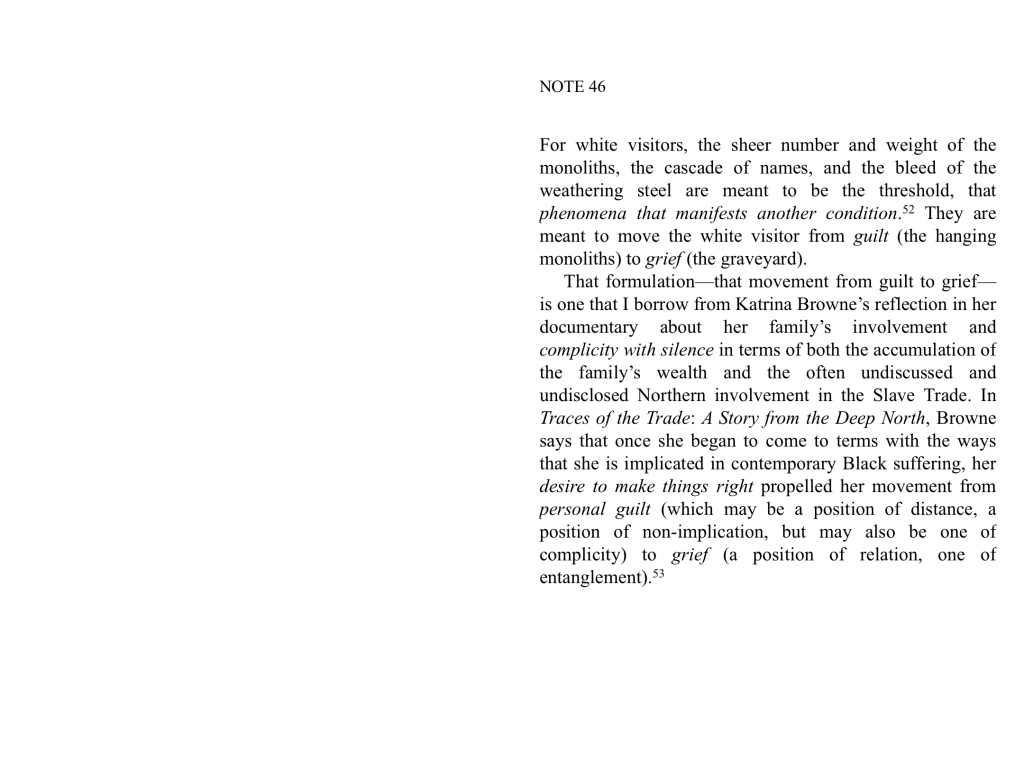3.1 miles
trestle turn around
35 degrees
Feels like spring. When I got back, I told Scott: In a normal winter, this would have been one of those days that makes you believe spring is coming. But it’s not a normal winter — no snow, only a short stretch of below freezing temps in January.
So many wonderful birds! As I listened to them chirp and tweet, I imagined the sounds as dots on a scatter plot — but what are the variables on this chart? I’ll have to think about that one. I don’t remember using scatter plots very often. All I can think of is the scatter plot on my kids’ yearly wellness checks for charting growth (variables: height and weight). The idea of scatter plot does sound intriguing as a form. I wonder what fun I could have with it?
An okay run. The conditions were wonderful, my left IT was not. It was sore — time for more fun with the IT band:
- incandescent tripe
- imbibing Taylors (apparently Taylor Swift impressively chugged a beer after KC won the super bowl yesterday)
- implacable termites
- impending trauma
- instant triumph (in the last seconds of the first quarter of overtime, Kansas City scored a touchdown and won the game — and just like that, it was over)
As I ran, I thought about how my vision seems to be getting worse. There are some signs that I can’t see things as well, but it’s more that my eyes are straining more to read and I’m getting tired/having headaches from it. Time to put more energy to finding new, less wordy, ways to be. Part of me wishes I didn’t have to, but more of me is up for the challenge and curious about what interesting doors it might open.
I also thought about my ekphrasis project and where it might lead. I stopped and took a few pictures to use for my “how to see” project. Here’s one:

Looking, or trying to look, at this photo, I’m struck by how different of an experience it is than being below the bike on the trail. (How) is that true for everyone? How much do my vision issues shape these differences? I think it has something to do with the static nature of the image and the absence of other sensory data: no smells, no hearing the wind, no feeling of blue or bike or flower that I usually get when seeing beyond the narrow frame of a photo.
The poem I wrote about this ghost bike — that’s what these white bikes that are left on the trail to honor someone who died are called — as part of my larger Haunts project.
Ghost bike:
under the
trestle
for June
hit and killed
while fix
ing her bike
in a
parking lot.
Flowers:
next to
June’s ghost bike
plastic
placed in the
remains
of a post
once part
of metal
railing
now only
open
cylinder
Note: In the winter, someone hangs the bike up higher. Usually, for the rest of the year, it’s lower to the ground, with flowers placed nearby.
Found this poem the other day. I love the listing, then the pow at the end with the final line.
Medical History/ Nicole Sealey
I’ve been pregnant. I’ve had sex with a man
who’s had sex with men. I can’t sleep.
My mother has, my mother’s mother had,
asthma. My father had a stroke. My father’s
mother has high blood pressure.
Both grandfathers died from diabetes.
I drink. I don’t smoke. Xanax for flying.
Propranolol for anxiety. My eyes are bad.
I’m spooked by wind. Cousin Lilly died
from an aneurysm. Aunt Hilda, a heart attack.
Uncle Ken, wise as he was, was hit
by a car as if to disprove whatever theory
toward which I write. And, I understand,
the stars in the sky are already dead.


